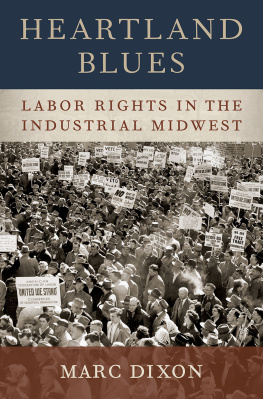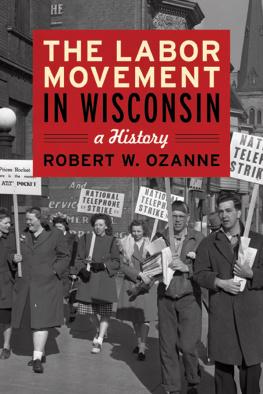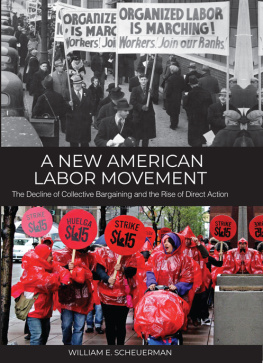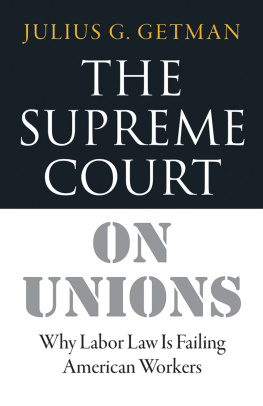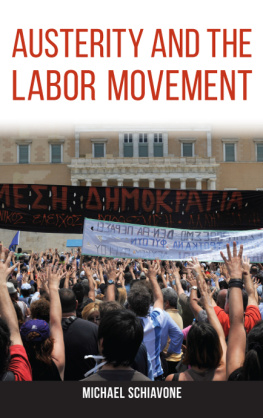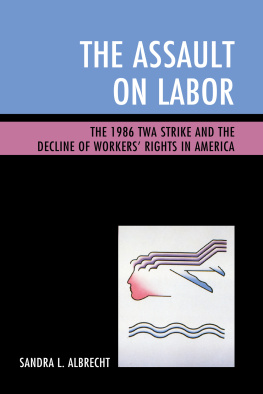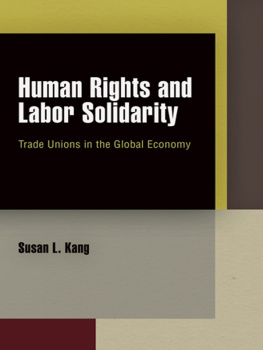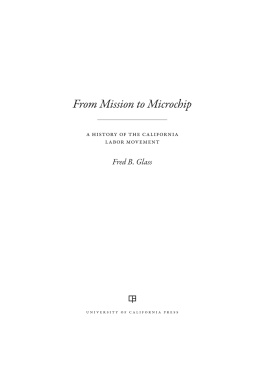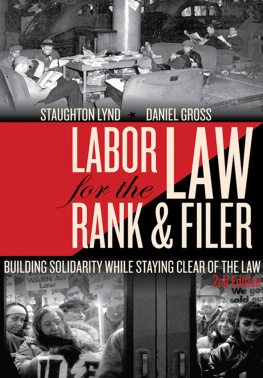Heartland Blues

Oxford University Press is a department of the University of Oxford. It furthers the Universitys objective of excellence in research, scholarship, and education by publishing worldwide. Oxford is a registered trade mark of Oxford University Press in the UK and certain other countries.
Published in the United States of America by Oxford University Press
198 Madison Avenue, New York, NY 10016, United States of America.
Oxford University Press 2020
All rights reserved. No part of this publication may be reproduced, stored in a retrieval system, or transmitted, in any form or by any means, without the prior permission in writing of Oxford University Press, or as expressly permitted by law, by license, or under terms agreed with the appropriate reproduction rights organization. Inquiries concerning reproduction outside the scope of the above should be sent to the Rights Department, Oxford University Press, at the address above.
You must not circulate this work in any other form and you must impose this same condition on any acquirer.
Library of Congress Cataloging-in-Publication Data
Names: Dixon, Marc, 1974 author.
Title: Heartland blues : labor rights in the industrial Midwest /
Marc Dixon, Department of Sociology, Dartmouth College.
Description: New York, NY : Oxford University Press, [2020] |
Includes bibliographical references and index.
Identifiers: LCCN 2020020749 (print) | LCCN 2020020750 (ebook) |
ISBN 9780190917036 (hardback) | ISBN 9780190917067 (oso) |
ISBN 9780190917050 (epub) | ISBN 9780190917043 (updf)
Subjects: LCSH: Labor movementMiddle WestHistory20th century. |
Collective bargainingMiddle WestHistory20th century. | Collective
labor agreementsMiddle WestHistory20th century. |
Labor unionsMiddle WestHistory20th century.
Classification: LCC HD8083.M53.D59 2020 (print) |
LCC HD8083.M53 (ebook) | DDC 331.880977/09045dc23
LC record available at https://lccn.loc.gov/2020020749
LC ebook record available at https://lccn.loc.gov/2020020750
Contents
Figures
Tables
Then too ambitious politicians and new conservative organizations chock-full of money sought to curb union rights and sparked significant labor opposition. But I had moved on to other projects by the time anti-union activities heated up in this very same place in the 2010s. As I began to dig around a bit, it was clear there was lot of action on labor politics that I and other scholars had missed or underestimated. It was worth revisiting, and so I did.
Full disclosure: this book is motivated not only by research questions central to social scientists, which I take up in the following chapters, but by my belief that unions are important. For all their warts, unions were one of the most significant equalizing forces of the last century. Scholars are just now grappling with the far-reaching consequences of their decline in the United States. Sophisticated statistical analyses that account for a host of potentially confounding factors show how union decline has contributed to several pressing social problems, including growing income inequality and increases in poverty among households with employed individuals, or what social scientists call working poverty. Union decline has weakened the middle class and diminished an important pathway of upward social mobility from
More generally, unions provide average workers with a voice; they offer some protection against the whims of an abusive boss and the swings of the labor market. In their classic 1984 book What Do Unions Do?, economists Richard Freeman and James Medoff described unions as having two faces. One is the monopoly face, which can produce inefficiencies and breed corruption. The other is the voice face, which gives workers some say over their livelihood and collective representation at work and in politics. They find the positive voice effects to generally outweigh the negative monopoly effects. Without unions, employees have less say about what they do at work every day and less control over their lives. Not all unions live up to these lofty standards, of course, but it is my belief that a robust and democratic labor movement gives workers a better shot.
For all these reasons, I think the decline of labor unions is a bad thing. Those who do not share this view should still be interested in some of the consequences of union decline. The absence of labor or an equally forceful social movement to advocate for the least well-off or for those left behind by economic globalization and technological advancements opens the door to all sorts of demagoguery. It is therefore important to understand why unions are in decline and that the roots of this decline lie not only in the economic crises of the 1970s, as much scholarship suggests, but that it goes back further. Even when unions were big and times seemingly were good, unions still struggled to translate power in numbers into political influence or social acceptance. Perhaps because it is so hard to imagine a powerful labor movement today, we tend to misremember the historical peak of union membership in the 1950s in broad-brush terms, as a golden age or when America was great. Leaning too heavily on nostalgia is never good because we tend to get the story wrong. The heyday of American unionism was marked by considerable conflict. Business and labor fought over union rights, and not all of these conflicts went labors way. Understanding the conditions under which unions succeeded or failed during this period of exceptional strength reveals many obstacles to union influence that became more apparent in the following decades. This book provides such an understanding by revisiting political conflicts over labor rights in Americas industrial heartland in the 1950s. It is my hope that this not only helps get the 1950s story right, but that it provides a critical historical perspective for understanding unions today and their tough road ahead.
bring the focus closer to the present by considering how the focal labor policies fared in subsequent decades and how the weaknesses unions exhibited in the 1950s continue to pose problems today. I highlight these different contributions and options for reading in the next chapter. In the aim of clarity and accessibility, I relegate most technical language, genealogy of subfield-type material, and other specialized debates to endnotes and to other work.
In writing this book, I have benefitted from numerous conversations with colleagues and friends. I thank Elizabeth Choi, Sera Kwon, and Kate Wood for research assistance. I am grateful to Steve Boutcher, Bill Danaher, Jason Houle, Larry Isaac, Janice McCabe, Vinnie Roscigno, Tom Shriver, Suzanne Staggenborg, Alan Taylor, Dan Tope, and Anita Warren for their feedback. Matt Garcia, Christianne Hardy, Andrew Martin, Andrew Samwick, and Judith Stepan-Norris all provided helpful comments on the manuscript. John Campbell was an incredibly helpful sounding board throughout the process. I also benefitted from feedback on portions of the project in presentations at Dartmouth College, the Five Colleges Social Movements Working Group at Smith College, the University of Massachusetts, and the University of New Hampshire. Finally, the anonymous reviewers from Oxford University Press also provided invaluable suggestions, as did James Cook, my editor. Financial support for this book has come from the National Science Foundation and Dartmouth Colleges Nelson A. Rockefeller Center for Public Policy and the Department of Sociology.

